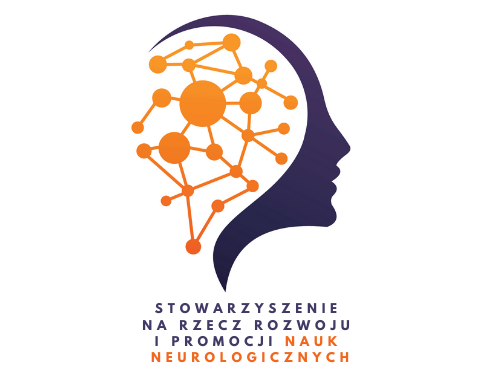While the whole world follows the development of the COVID-19 pandemic with concern, every day millions of people develop life-threatening illnesses that require immediate medical attention, such as stroke and heart attack, among others. In Poland, many people do not know how to react in the current epidemic situation and where to seek help, even if they are suffering from serious ailments. Experts appeal to #NotTrumpNaLife and in case of stroke symptoms contact the emergency services immediately.
Stay at home, but if you notice symptoms of a stroke, react immediately!
Systemic restrictions related to the fight against the COVID-19 outbreak do not extend to the treatment of life-threatening illnesses. Everyone, even those in quarantine, should alert the emergency department as soon as possible by telephone if they suspect a stroke in themselves or another person. In such situations, avoiding contact with medical staff for fear of coronavirus infection is a mistake - underlines Professor Bartosz Karaszewski, Head of the Department of Neurology at the Medical University of Gdańsk, President of the Association for the Development and Promotion of Neurological Sciences. - People who become ill with a stroke during the pandemic can receive effective treatment just as under normal epidemic conditions. On the other hand, a stroke patient who is simultaneously diagnosed with COVID 19 infection will be treated in the stroke unit of a so-called single-named hospital, i.e. treating patients with this infection - explains Prof Karaszewski.
Stroke is also life-threatening during a pandemic
Stroke is one of those common, dangerous and immediate-need illnesses for which the risk of developing a stroke does not diminish during the pandemic period. In Poland, around 80 000 people suffer a stroke every year, and around 30 000 people die because of it. We must not forget that this condition can affect anyone, regardless of age or gender. Everyone should be familiar with the basic symptoms of this disease, such as, for example: drooping mouth, impaired speech, leg and/or arm paresis, dizziness, visual disturbances - and not all these symptoms have to occur at the same time.
Stroke - what to do if you have the disease in the COVID-19 era?
Whenever you notice symptoms of a stroke in yourself or someone close to you, you should contact the emergency services immediately by calling 999 or 112. Nowadays, the dispatcher can ask additional questions related to COVID-19 to help decide which hospital the patient should go to. Time is of the essence when treating a stroke - the sooner a patient gets to a stroke unit the better their chances of survival and reducing the impact of the stroke.
Acute diseases that are life-threatening, such as stroke, should, and for the moment can, be treated as effectively as under normal, in epidemic terms, conditions. Currently, most stroke units in Poland are operating without change. - soothes Prof. Karaszewski. – SThe fear of being infected with coronavirus should not stop anyone from immediately contacting the emergency services in the event of symptoms characteristic of illnesses such as stroke or heart attack. Failure to respond, or calling for medical help too late, can result in many people losing the chance to continue living fit - warns the expert.
Don't underestimate the symptoms of a stroke - don't lose the chance to live!
The project is also supported by two of Poland's largest stroke patient organisations:
Brain Stroke Foundation (www.fum.info.pl) and
Stroke Association - Support counts! (www.udarowcy.com.pl)
*****
Association for the Development and Promotion of Neurological Sciences supports, among other things, the dissemination of knowledge of neurological sciences to professionals and the public in order to improve healthcare for diseases of the nervous system.
(press release)

